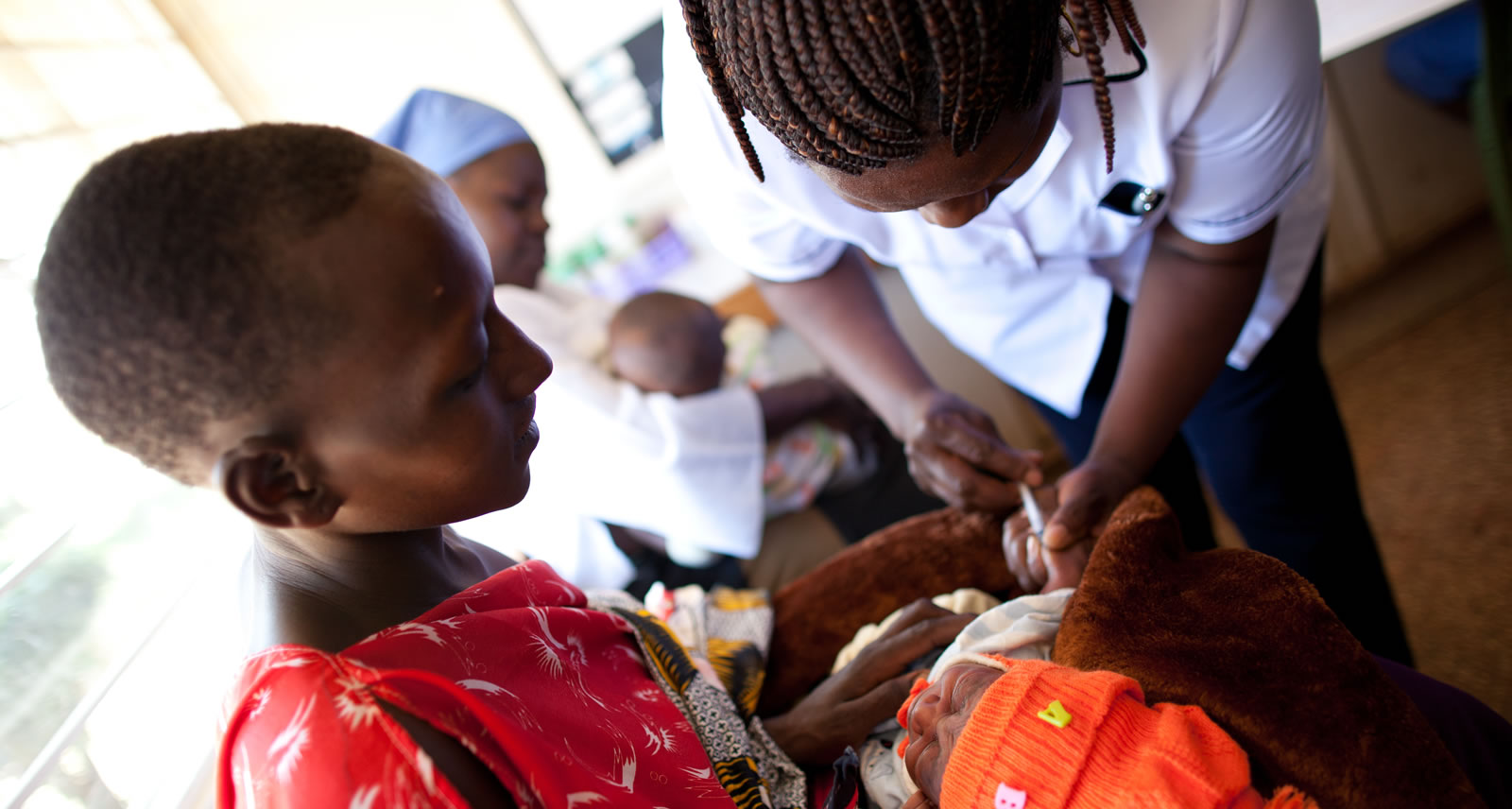News

The UN said on Friday it is collaborating with other partners to assist Kenya to implement measures that will enable the country to achieve a demographic dividend. United Nations.
The United Nations Population Fund (UNPFA) Kenya Assistant Representative Cecilia Kimemia told a population forum in Nairobi that Kenya will enjoy the benefits of a demographic dividend if it reduces its fertility rate that currently stands at 4.6 children per woman.
“Economic development will occur when there is large population who are gainfully employed and a small number of dependents,” Kimemia said during a workshop to review policy actions required to accelerate progress towards a demographic dividend in Kenya.
Kimemia said that approximately 43 percent of the Kenya’s population is under the age of 15 years old.
“This creates a lot of dependents for those in the workforce,” she said.
The UN is also implementing a project with other stakeholders to reduce Kenya’s high maternal mortality rate.
“The initiative targets 15 of the counties that contribute 98 percent of maternal deaths in Kenya,” she said.
National Council for Population and Development (NCPD) Technical Director George Kichamu said the country’s high fertility rate is a threat to the quality of life of women.
“This also affects the standard of living of households and communities by frustrating the realisation of national development objectives,” Kichamu said.
He said that existing policies against early marriages and teenage pregnancy should be fully enforced. The NCPD official called for concerted efforts to upscale advocacy and sensitisation on the benefits of family planning.
Kichamu noted that investment in health is a prerequisite to harnessing a substantial demographic dividend, because a healthy labor force is key to high economic productivity.
The African Institute for Development Policy (AFIDEP) Board Chairman Francis Dodoo said Kenya’s fertility rate will decline through effective family planning methods.
“There is currently huge unmet need for contraceptives among women of reproductive age,” Dodoo said, adding that there is inadequate budgetary allocation to roll out a comprehensive family planning sensitisation campaign.
Kenya Institute for Public Policy Research and Analysis Policy Analyst (KIPPRA) Phares Mugo said Kenya’s population quadrupled over the past four decades, adding that the country’s annual rate of reducing under five mortality rate stands at 1.4 percentage points which is lower than the recommended rate of 2.6 percentage points.
Related Posts





